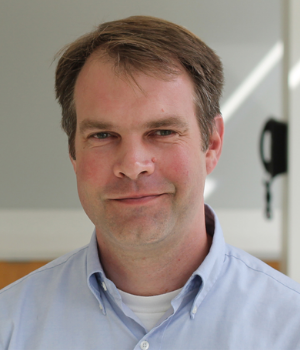Reprogramming Immune Tolerance for Regenerative Therapies
The Maehr lab is developing strategies at the intersection of stem cell biology, immunology, and functional genomics to engineer immune-compatible therapies for Type 1 Diabetes and beyond. They are particularly focused on immune education and immunocloaking approaches to mitigate the need for systemic immunosuppression in allogeneic cell transplantation.
They engineer tolerance-inducing cells and organoids from pluripotent stem cells, enabling patient-specific and directed immune education. In parallel, they are advancing functional genomics-based strategies to discover effective strategies to educate immune cells and protect them from autoimmune attack post-transplantation.
Publications

